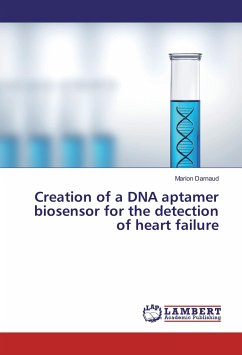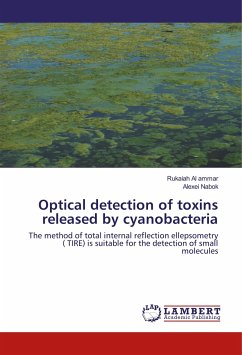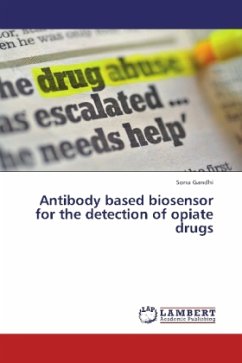Aptamers are small nucleic acid molecules, which are used to bind specific targets in ways similar to antibodies. They offer advantages in terms of cost and reproducibility of production, stability and capability for biochemical modifications. This work focused on discovering a new DNA aptamer biosensor for brain natriuretic peptide (BNP), a biomarker of the early stages of heart failure. A library of random DNA sequences was generated by the polymerase chain reaction and evaluated for specific and sensitive binding to BNP using an in vitro selection technique known as systematic evolution of ligands by exponential enrichment (SELEX). After 15 SELEX cycles using BNP immobilised on an affinity chromatography column, selected aptamers were subcloned and sequenced. The aptamer exhibiting the best specificity towards BNP was shown to adopt a G-quadruplex structure of the anti-parallel type. This aptamer was used to devise an enzyme-linked oligonucleotide assay using surface enhanced Raman spectroscopy allowing the detection of BNP down to the picomolar range. In addition, a quick colorimetric assay was developed on the concept of target-mediated aggregation of gold nanoparticles.
Bitte wählen Sie Ihr Anliegen aus.
Rechnungen
Retourenschein anfordern
Bestellstatus
Storno








